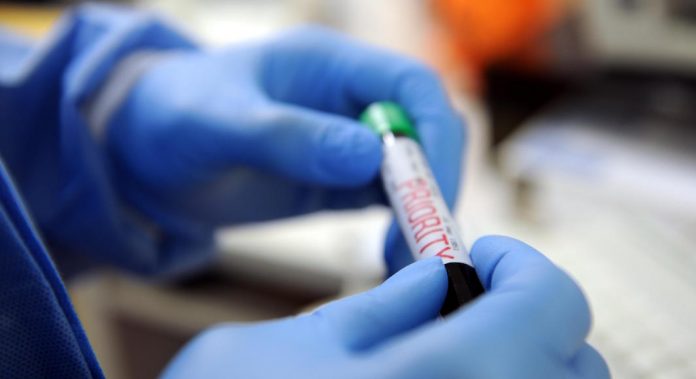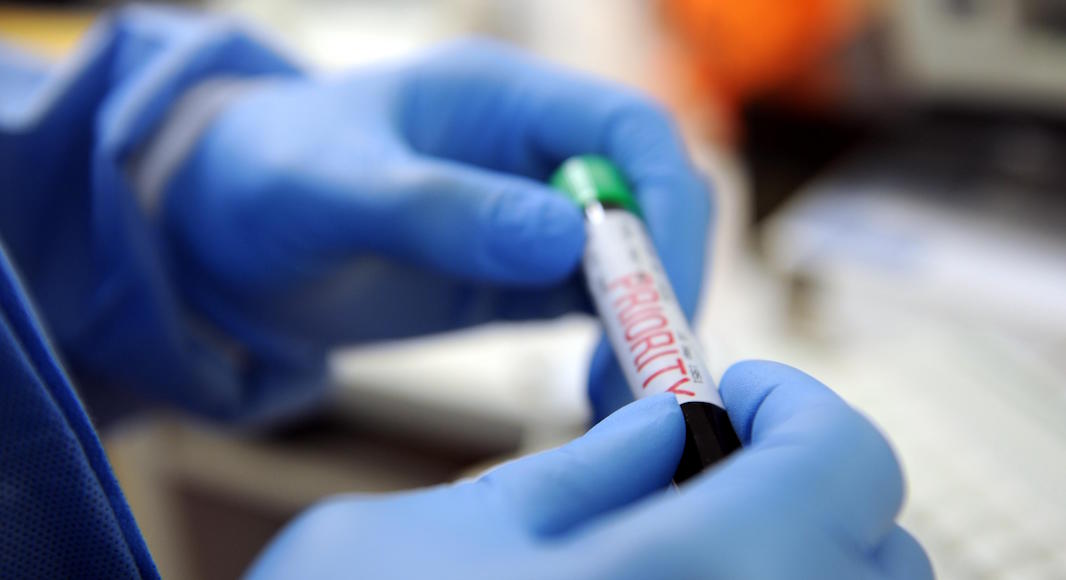
Since we no longer queue for brunches, we might as well do it for immunity tests.
On this May morning, there is a small crowd outside the doors of the Manhattanville Renaissance Health Center, a medical center near Morningside Heights. This site is one of five designated by New York City to perform serological tests designed to detect antibodies generated by Covid-19. In early May, Mayor Bill de Blasio announced the launch of a major screening campaign in the five "boroughs" in partnership with the medical laboratory BioReference. Each site can test up to 1,000 people per day. The City’s objective: to test 70,000 people in May, then 70,000 more in early June. Unlike others on the market, these tests are free, even for the uninsured.
This morning, a good sixty people are therefore waiting their turn wisely, separated by two meters, under the early afternoon sun. In line, young, old, couples, single people, blacks, whites, friends of two or three who are asked to separate, "social distancing”Obliges… A small slice of New York. Outside, a few security guards keep watch. “Did you drink water this morning? Have you eaten“, Asks a nurse, while checking the reservations. “Walk in” is not possible for city tests: you must have reserved your place.
In addition, it is advisable to wait at least two weeks after the symptoms have ended before taking these antibody tests. I was in this case. I had almost all of the symptoms of the disease, including loss of taste and smell, at the end of March. Like many New Yorkers, I had not been tested for Covid at the time. At the start of the pandemic, the authorities only advised patients with severe symptoms to be tested, which fortunately was not my case.
After about forty minutes, we finally enter the building of the medical center, under the eyes of several agents responsible for bringing patients in drop by drop and ensuring the application of the rules of physical distance and wearing of the mask. Gloves are distributed in the entrance. Before going upstairs, in one of the ten small rooms where blood tests take place, everyone is invited to complete a questionnaire to help the city compile statistics on exposure to Covid-19. Therein lies the whole point of the thing. Immunity tests, described as the key to reopening businesses and reviving the economy, in reality give very little information about the antibodies present in the body. On the other hand, they allow the authorities to assess the share of the population affected by the virus. According to preliminary data, a fifth of New Yorkers may have been infected.
The questionnaire includes questions on the symptoms, the date on which they appeared, the professional activity … It is not compulsory to fill it out. Then head to one of the rooms for the blood test. In each of the ten pieces, “between 20 and 30 people”Follow each other every day, estimates a nurse. This reassures us: “The tests we do are very reliable. I know because I spent a lot after I got sick!“. In a few minutes, it’s folded. The staff thanks us. Results arrive within 48 hours. Not surprisingly, they are positive. The test only tells you "if" you have antibodies or not, but not how much or how much protection you have. A positive result therefore does not mean that a healed person cannot contract the virus again and that he is no longer a vector of the disease.









